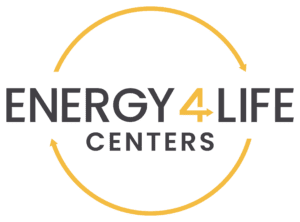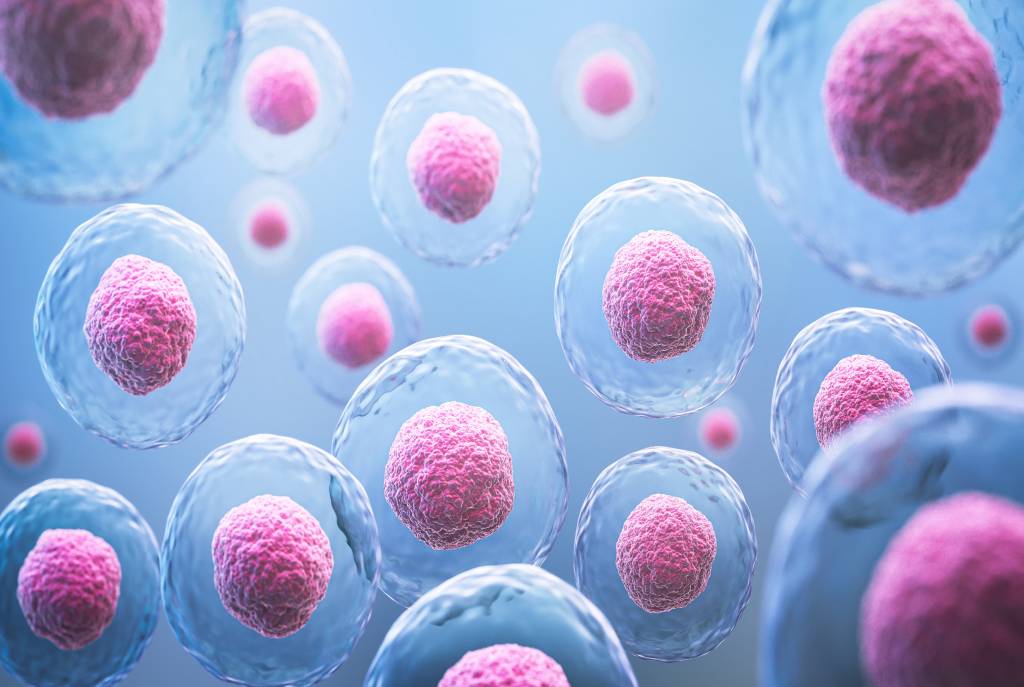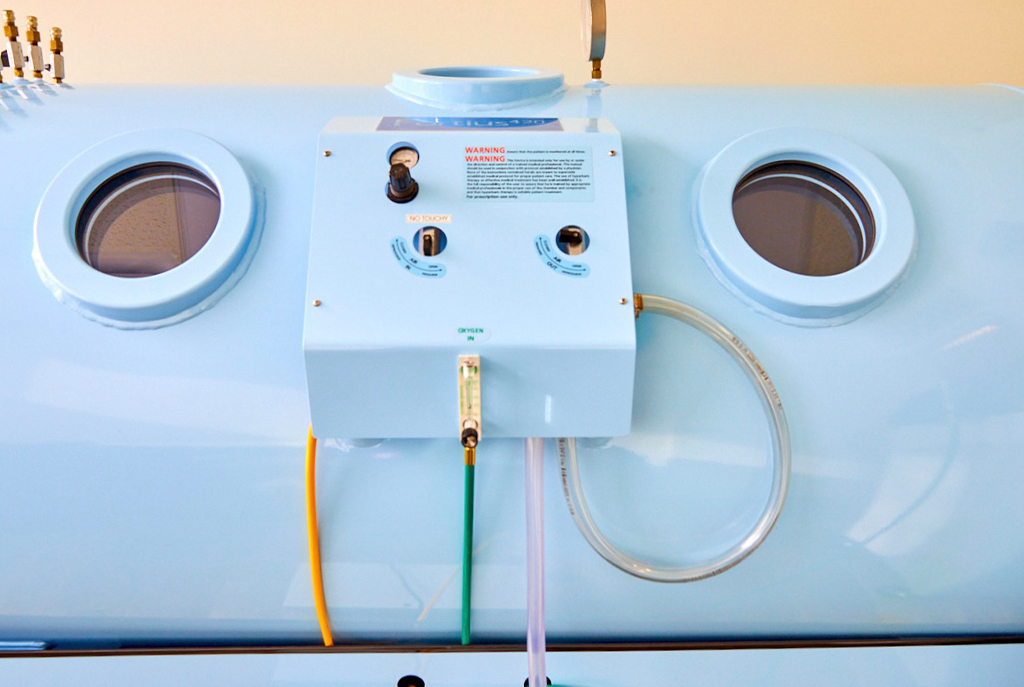At Energy4Life Centers, we take a groundbreaking approach to healing because true wellness is about more than just treating symptoms. Our advanced therapies are designed to restore balance, accelerate regeneration, and help you feel and function at your best.
Your body thrives when it has the right fuel. Our IV Therapy delivers essential nutrients directly into your system for optimal absorption, giving your cells exactly what they need to repair, recover, and perform.
Healing starts at the cellular level. Stem Cell Therapy harnesses the body’s natural ability to repair and regenerate tissue, supporting long-term recovery and vitality.
Detoxification and oxygenation are key to resilience. Ozone Therapy strengthens immune function and clears out toxins, while Hyperbaric Oxygen Therapy (HBOT) floods your body with oxygen to speed up recovery, reduce inflammation, and enhance overall wellness.
When the nervous system is out of balance, everything feels off. Ketamine Therapy offers a powerful solution for mood regulation and neurological support, helping reset pathways in the brain for greater mental clarity and emotional well-being.
Your health isn’t just about overcoming challenges, it’s about creating a foundation for strength, energy, and longevity. Let’s help you get there.
At Energy4Life Centers, we do things differently than you’re used to, because you deserve more than just symptom management. Our bioenergetic approach helps uncover the hidden imbalances affecting your health, so we can restore your body’s natural ability to heal, thrive, and perform at its best.
Your body is always sending signals. Using advanced testing, we identify imbalances and inefficiencies in your body that may be holding you back from feeling your best.
Through targeted regenerative therapies, we restore balance to your nervous system, enhance cellular function, and help your body communicate and heal more effectively.
True wellness isn’t just about fixing your symptoms, it’s about healing the root cause. By optimizing energy production and strengthening your body’s foundation, we help you stay vibrant, strong, and unstoppable.
Your health isn’t just about today—it’s about living fully, with energy and purpose, for years to come.

The first TUESDAY of every month 5PM PT

Your body needs essential nutrients delivered in the most effective way. IV Therapy infuses a precise blend of vitamins, minerals, and fluids directly into your bloodstream, bypassing digestion for rapid absorption. This boosts energy, strengthens immunity, and enhances overall wellness with noticeable results you can feel right away.

Regeneration begins deep within the cells. Stem Cell Therapy activates your body’s natural ability to heal by repairing damaged tissues, reducing pain, and improving mobility. This non-surgical option supports long-term recovery and restores function, helping you move more easily and feel better with less discomfort.

Oxygen is essential for healing and renewal. Ozone Therapy increases oxygen levels in the blood and tissues, stimulating detoxification, boosting immunity, and reducing oxidative stress. This treatment clears toxins, enhances circulation, and supports the body’s natural defenses against disease, inflammation, and aging.

Flood your body with pure oxygen and accelerate healing. HBOT increases oxygen levels in the bloodstream, reducing inflammation, boosting circulation, and enhancing recovery. Whether you’re recovering from an injury, improving brain function, or optimizing overall health, HBOT provides powerful support.

Find relief and restore balance. Ketamine Therapy helps reset neural pathways, providing fast and effective support for mood regulation. With a guided, medically supervised approach, this treatment works to improve emotional resilience and mental clarity, often delivering noticeable results after the first session.

Parkinson’s & Neuroregeneration Therapy fosters healthy neural pathways, promoting improved motor function and cognitive balance. With a guided, medically supervised approach, this treatment works to enhance neurological resilience and overall well-being, often delivering noticeable benefits after the first session.
We deploy cutting edge therapeutics through an ancient lens for optimal wellness in eight key areas:
As the flagship bioenergetic center, we innovate with cutting edge therapeutics through an ancient lens. Our focus on health is unique, utilizing bioenergetics, which is the study of energy in living systems. We use energy-based therapies to promote healing and well-being.
We create a balanced approach to health utilizing the best of scientific medical breakthroughs with the wisdom of ancient medical practices. Comprehensive in nature (where east meets west, naturally) we think differently to treat the whole person by listening deeply and through diagnosis technology which allows us to treat disease others haven’t been able to.
Book a free Energy 4 Life consultation to find out how our Detect Kit can help you!
Start your journey to health transformation by joining our newsletter. Soak in the insights from our content to start taking action today (from the comfort of your own home)!